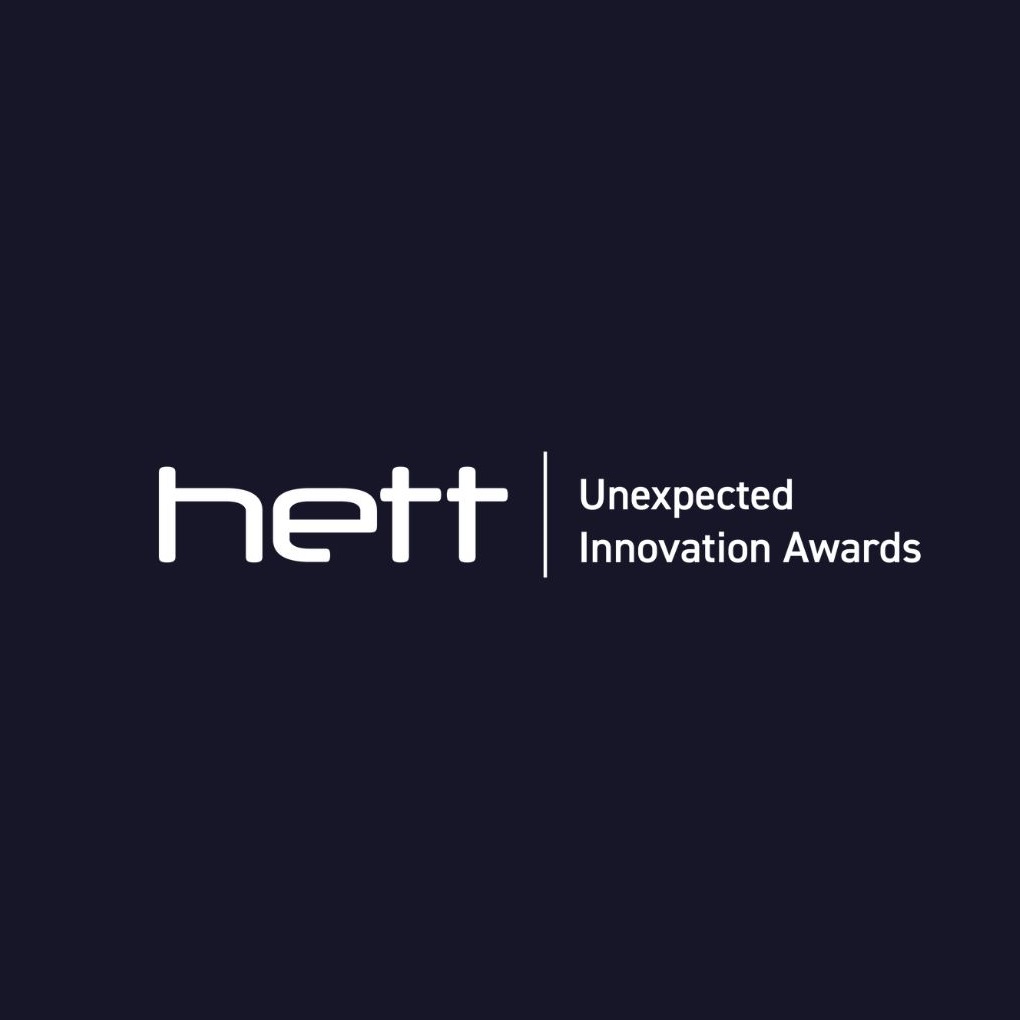The HETT Unexpected Innovation Awards returns in November 2022 to celebrate the very best in experimental design, collaboration, and leadership in digital healthcare.
The event showcases champions of digital health innovation and highlights some great stories of transformation. The awards bring together the health and care ecosystem and highlights best practice examples to inspire more to do the same.
The ‘That will never work Award’ recognises the most daring success stories in innovation. This award will shine a light on the most creative and disruptive health tech solutions revolutionising patient care over the past year.
The three shortlisted submissions for this category are:
Digital Health and Care Wales - National Digital Design for Looked After Children Services
With Wales having the highest number of Looked After Children (LAC) in the United Kingdom, a project was initiated to develop a national digital design to underpin the clinical and care process for LAC.
Historically, the sharing of information between practitioners and organisations has been poor, resulting in the child having to repeat their history. The limited data and analytical resources available have made evidence-based decisions difficult.
There has been variance in the configuration of services across Wales, with many systems in place and reporting requirements have been open to local interpretation.
There was a great deal of scepticism that a standardised digital service would be implemented. It was expected that the process would take far too long.
Sponsored by the Welsh Government, the project aimed to develop national standards to facilitate the sharing of information between practitioners and organisations. This information would populate a National Looked After Children Database (NLACD) hosted by Digital Health Care Wales (DHCW).
The process involved multiple agencies and experts, and the DHCW facilitated a series of national workshops. Within just 18 weeks, the digital design and standards were signed off by all seven regions. Any regional concerns were discussed at the national workshops and addressed.
A pilot is due to commence in quarter three of 2022. Data is to be entered once but used many times, allowing more time for practitioners to deliver care. Standardised data will allow greater insights and modelling, and drive data linkage with Mental Health and Substance Misuse Services.
Princess Alexandra Hospital, Alertive App
The antiquated bleep system has been deeply ingrained in hospital life for over 40 years.
Inevitably, proposing a digital alternative was met with scepticism, with concerns around lack of safety, internet reliability and personal data being exposed. Some worried about it being complicated and many were fearful of change.
However, an initial audit on the impact of bleeps found:
- 14.5% ended in the bleep holder being unable to get hold of the sender
- 47.6% were inappropriate
- 24.4% interrupted a critical clinical task
- 26% of individuals were incorrectly bleeped
The aim of this project was to replace the bleeper with an app (Alertive), available across personal devices to enable two-way instant communication.
A major challenge was finding out which pagers were in use and in what capacity they were being used. Once that had been achieved, all numbered pagers were migrated to the app.
In phase one, early adapters could experiment with the app. In phase two, doctors used the app for all non-emergency communication. Finally, all pagers were removed apart from crash bleeps for cardiac arrest.
After six months, over 2,000 had signed up, over 1,500 more than were using the pagers. Over 83,000 messages have been sent and received.
Average response times have reduced from 4:09 minutes to 2:07 minutes, with 59% of responses received in less than one minute. Most saved time using the application - with 38% reporting savings of over an hour and 8.7% of users saving more than three hours per shift.
Queen Victoria Hospital: Community Diagnostic Centre – End to End System Pathway
The team at Queen Victoria Hospital (QVH) has delivered the first live and operational end-to-end symptom-based pathway in the Community Diagnostic Centre (CDC) space. The pathway connects primary care providers, the new CDC and a multidisciplinary team of specialist consultants at QVH around a single patient journey.
There was immense scepticism that this could be achieved because of the number of stakeholders required to deliver it, and the complexity of both cross-provider governance considerations and flows of critical patient information.
Rather than referring patients for individual diagnostic tests, having to manage the results and then refer into an appropriate specialty, GP colleagues can now refer onto a pathway linked to their patient’s symptoms, resulting in a programme of coordinated tests at the CDC. The results can be reviewed by a team of relevant consultants from multiple specialties. This enables the CDC to be used not merely as a source of diagnostic tests but as part of an integrated clinical management and support service.
The trust used the Bleepa platform, which was able to integrate with both GP and QVH systems, creating a wrapper of clinical data around the individual patient. A breathlessness pathway reviewed by a cardiologist, a respiratory consultant and an ENT consultant, is now live between one GP practice and QVH.
The clinician response has been fantastic, both from primary and secondary care stakeholders. The pathway is soon to be expanded to three new practice groups and new clinical pathways are currently being designed.
Visit the HETT Unexpected Innovation Awards 2022 website for more information about the categories and the upcoming awards ceremony.

The HETT Unexpected Innovation Awards will take place on 23 November 2022 to celebrate the very best in experimental design, collaboration, and leadership in digital healthcare.
%20(1).png?width=500&height=58&name=HETT%20insights%20logo%20RGB-04%20(1)%20(1).png)

